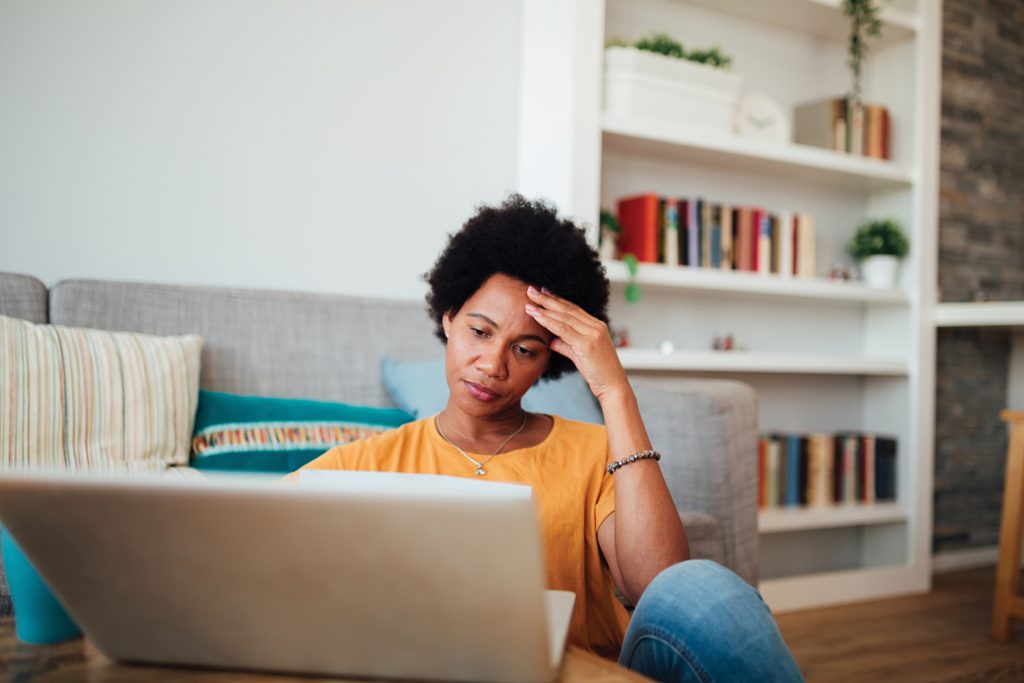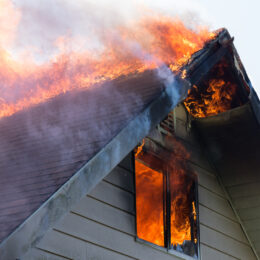
During the pandemic, most office environments either closed and sent workers home to work remotely when and where feasible or created rotating work schedules. These changes were done to help mitigate the spread of the virus and keep workers safe.
But setting up a temporary or full-time office at home can create a new kind of health issue — electrical safety. “Bringing electrical equipment home from the office or adding new equipment to make your home office fully functional can create some safety concerns of their own,” said John Gasstrom, CEO of Indiana Electric Cooperatives. “Take the same attitude toward electrical safety in your home office so you’re not trading concerns about the virus in the office for electrical and fire concerns at home.”
Things to consider for a home office:
- Designate a place for your office space. Even if it’s just temporarily rearranging a home desk or a side table, establish a comfortable place for your laptop or desktop computer, printer, and whatever equipment you need. This will keep you from having to continually move equipment and will avoid stretching power cords that could become tripping hazards.
- If you bring older office equipment home, check those electrical cords and connections that perhaps have been pinched behind the credenza for years. Make sure they are not damaged or loose.
- Make sure outlets in older homes hold plugs snugly. Avoid circumventing the grounded three-prong plugs on your equipment with adapters to fit in older two-slot outlets.
- Do not overload outlets with multiple power strips.
- Avoid using extension cords for extended periods. Even if you’re using them temporarily, avoid long, flimsy, multiple outlet cords. Always unplug extension cords from the wall when you are not using the equipment.
- Do not run electrical cords through high-traffic areas, under carpets, or across doorways.
- Beware of equipment heating beyond normal operations. Beware of discolored plastic casings on the equipment or discolored outlet covers.
- Turn off all appliances at the end of the day to save energy and ensure added safety.
If your home is older or you require many electrical devices, you probably should have a licensed electrician come out for an inspection. The electrician may suggest installing additional outlets, arc-fault circuit interrupters, and circuits to avoid overloading existing outlets and overusing extension cords and power strips. These updates will make your workspace more attractive, practical, and, most importantly, safe.



